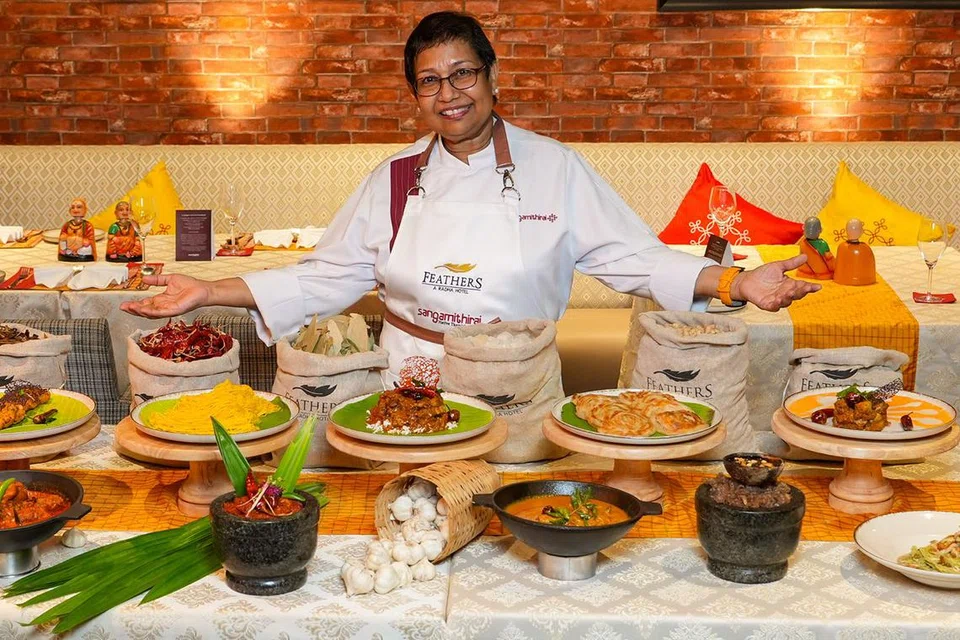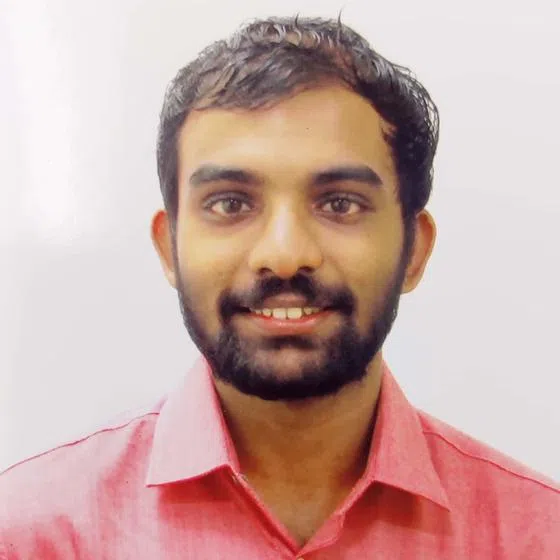In a bid to reconnect Singaporean and Malaysian Tamil cuisines with their roots in Tamil Nadu, award-winning Singaporean chef Devagi Sanmugam held a food festival in Chennai from May 30 to June 8, titled Ayalagam (diaspora in Tamil).
The event was held at Sangamithirai, a restaurant that offers native Tamil cuisine, located at Feathers Hotel.
Serving almost 200 dishes in five menus of vegetarian and non-vegetarian each – across 10 days at both lunch and dinner – Chef Devagi introduced the highlights of Singaporean/Malaysian Tamils’ culinary specialties to Tamil Nadu.
Although she has held several food festivals abroad, such as in Bengaluru, Montenegro, Sri Lanka, Uzbekistan and England, this latest one holds special significance for her as a Tamil, as it features the culinary history of Tamil cuisines in South-east Asia.
“Over the years, Chinese and Malay touches have been infused into the Tamil cuisines in these regions, giving birth to our own unique dishes,” she said.
Chef Devagi has first-hand knowledge of South-east Asian dishes, owing to her upbringing. While she and her mother were born and brought up in Singapore, her maternal grandmother was born in East Timor and her father hails from Mayavaram in Tamil Nadu.
“My family would regularly cook dishes like kicap fish (fish in soya sauce), assam pedas (traditional Malay fish stew), bee hoon biryani and kangkong thani saar (kangkong in coconut milk and dried prawns),” she added.
With 40 years of experience teaching cooking, Chef Devagi, 70, has observed how Singaporean Tamil dishes have evolved over time. She said: “Through this food festival, I wanted to showcase the real ways that Singaporeans ate back then and now.”
A crucial aspect of Ayalagam was Chef Devagi’s familiarity with Tamil Nadu’s own cuisines, due to her research for her cookbooks over the years. “Every region in Tamil Nadu has its own style of cooking, and it is different from Singapore’s,” she said.
“Sometimes when we make our fish curry, we add ingredients like lemongrass, borrowing elements from the Malay fish stew assam pedas. We also add ladies’ fingers, unlike Tamil Nadu.
“For biryani, we use pandan leaves for aroma, and we tend to cook the chicken and rice separately before layering and cooking in dum, whereas in Chennai, the chicken and rice are all cooked together. Tofu sambal and kicap fish are also our specialty cuisines. We can stir-fry tofu Chinese-style, make sambal Malay-style or add masala Indian-style.”
For desserts, while many South Indian restaurants generally offer the likes of gulab jamun, at Ayalagam, Chef Devagi offered a creative blend of South-east Asian delights including tapioca halwa, pandan putu mayam with banana and gula melaka sauce, as well as a coconut-based chendol-like dessert.
Remarkably, these dishes were prepared not by Singaporean or Malaysian chefs but rather by a team of young Indian chefs at Sangamithirai whom Chef Devagi painstakingly taught how to cook the South-east Asian way.
Sangamithirai’s Executive Chef Narayanamurthi Veerasamy, himself an avid researcher of Tamil Literature and food, was delighted to hear of Chef Devagi’s longtime wish to cook Tamil cuisine in a restaurant when she visited Sangamithirai last December, during a research trip.
He contacted her in March and the preparation for Ayalagam began. He said: “We tested the menu items beforehand. I particularly liked the Tamil version of her nasi lemak with prawn sambal. Many people were very surprised with the way it was packaged in banana leaf.”
Added Chef Devagi: “It was heartwarming to see people in Tamil Nadu appreciating the unique flavours of Singaporean Tamil cuisine.”


